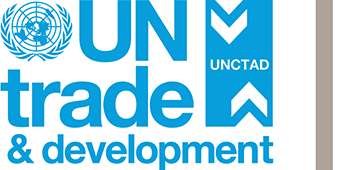Merck Sharp and Dohme Limited – Principi Attivi (Italian Competition Authority (ICA), Case A364, Decision n° 14388, Bulletin n° 23/2005, 15 June 2005)
This case concerned an active ingredient for antibiotics whose patents had expired in most of European markets but not in Italy. The patent holder, Merck & CO. Inc. (Merck Sharp & Dohme; hereinafter “MSD”) refused to grant a license requested by an Italian company, ACS Dobfar S.p.A.
